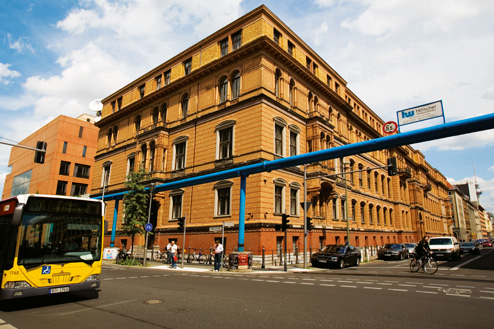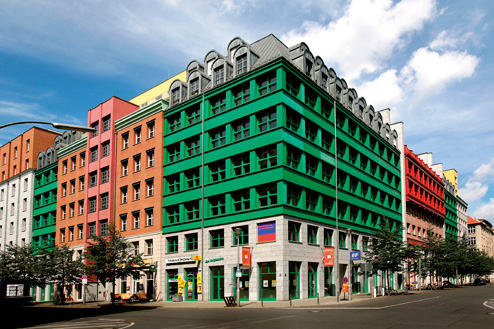Mortgages
Getting a mortgage in Germany is very similar to other countries, though German banks are more conservative than their foreign brethren. This means they prefer to lend to those with full-time jobs who can prove their income for the past three years. You may be allowed to borrow up to 100% of the cost of the property if you have a reliable past, otherwise they’ll require a down payment of at least 15%. To check your reliability, a bank will perform a credit check on your financial past in Germany and verify your employment. For proof of income, the bank will ask for your last three tax returns. This can be difficult if you’ve only recently moved to Germany. If you’ve kept the same job as you had in your home country, a bank might accept previous income tax statements as proof of your traditional earnings. Banks will want current payslips so that they know what you’re earning, but they also want some sign of longevity. Proof of sizable investment portfolios can also increase their confidence in you. In addition, during the application process, the bank will perform an appraisal of the property you want to buy. Some banks also want foreigners to have unlimited residency permits.
Every bank offers mortgages, so shop around for the best deal, but the bank where you have your other accounts is often the most accommodating. You can choose between variable rate mortgages with an interest rate of about 3% or fixed-rate mortgages. These offer interest rates of a little above 3% for a 10 year fixed rate, slightly under 4% for a 20 year fixed rate or just above 4% for a 30 year fixed rate. German banks are also grumpy about borrowers who try to pay off a mortgage early to save some interest payments. This is only allowed if included in the loan contract, so be sure you fully understand all the conditions of the agreement.
Every bank offers mortgages, so shop around for the best deal, but the bank where you have your other accounts is often the most accommodating. You can choose between variable rate mortgages with an interest rate of about 3% or fixed-rate mortgages. These offer interest rates of a little above 3% for a 10 year fixed rate, slightly under 4% for a 20 year fixed rate or just above 4% for a 30 year fixed rate. German banks are also grumpy about borrowers who try to pay off a mortgage early to save some interest payments. This is only allowed if included in the loan contract, so be sure you fully understand all the conditions of the agreement.













